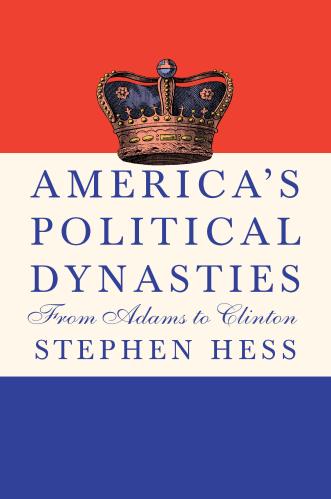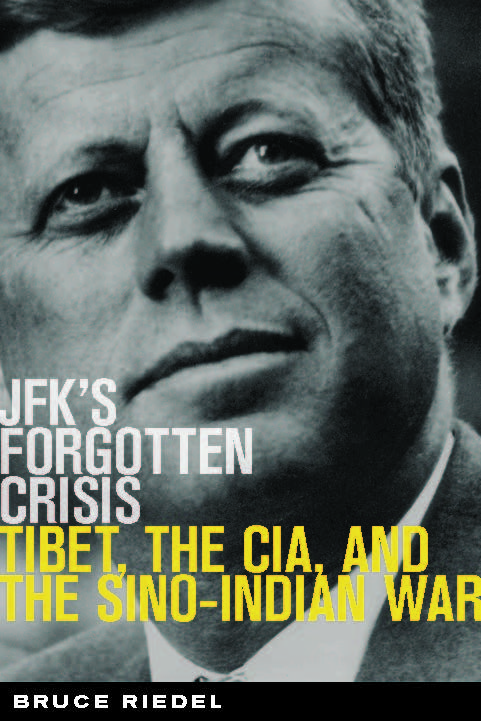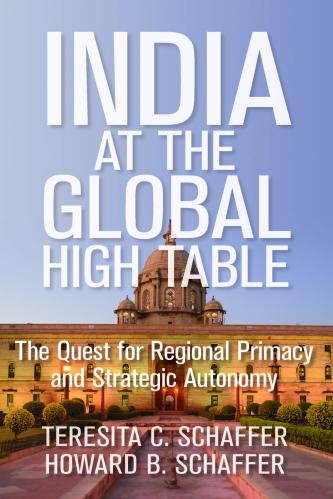


Book
Bruce Riedel provides new perspective and insights into Kennedy’s forgotten crisis in the most dangerous days of the cold war.The Cuban Missile Crisis defined the presidency of John F. Kennedy....
Bruce Riedel provides new perspective and insights over Kennedy’s forgotten crisis in the most dangerous days of the cold war.
The Cuban Missile Crisis defined the presidency of John F. Kennedy. But the same week the world stood transfixed by the possibility of nuclear war between the United States and the Soviet Union, Kennedy was also consumed by a war that has escaped history’s attention, yet still reverberates significantly today: the Sino-Indian conflict.
As well-armed and equipped troops from the People’s Republic of China surged into Indian-held territory in October 1962, Kennedy ordered an emergency airlift of supplies to the Indian army. At the same time, he engaged in diplomatic talks that kept the neighboring Pakistanis out of the fighting. The conflict came to an end with a unilateral Chinese cease-fire, relieving Kennedy of a decision to intervene militarily in support of India.
Bruce Riedel, a CIA and National Security Council veteran, provides the first full narrative of this crisis, which played out during the tense negotiations with Moscow over Cuba. He also includes another, nearly forgotten episode of US espionage during the war between India and China: covert US support of Tibetan opposition to Chinese occupation of Tibet. He details how the United States, beginning in 1957, trained and parachuted Tibetan guerrillas into Tibet to fight Chinese military forces. The covert operation to help precipitate the conflict but the United States did not end its support of it until relations between the United States and China were normalized in the 1970s.
Riedel tells this story of war, diplomacy, and covert action with authority and perspective. He draws on newly declassified letters between Kennedy and Indian leader Jawaharlal Nehru along with the diaries and memoirs of key players and other sources make this the definitive account of JFK’s forgotten crisis. This is, Riedel writes, Kennedy’s finest hour as you have never read it before.
“Superb history.” —The Economist
“Bruce Riedel—a national security adviser to four US presidents—brings the forgotten Indochina one to life. His book is a minor gem of elegant history writing…There is much in Riedel’s short book to pore over.” —The Financial Times
“The greatest value in ‘JFK’s Forgotten Crisis’ is the compelling answers it provides.” —The Wall Street Journal
“This short, well written, engaging book is highly recommended.” —CHOICE
Related Books

Stephen Hess
November 15, 2015

Elaine C. Kamarck
July 26, 2016

Teresita C. Schaffer, Howard B. Schaffer
April 5, 2016
Bruce Riedel is senior fellow and director of the Brookings Intelligence Project. Riedel joined Brookings following a thirty-year career at the Central Intelligence Agency. He served as a senior adviser to the last four U.S. presidents on South Asia and the Middle East. In 2009 President Obama made him chairman of a strategic review of American policy in Afghanistan and Pakistan. Riedel has also been an adviser to the British government.
‘JFK’s Forgotten Crisis’
As India and China clash, JFK’s ‘forgotten crisis’ is back
Kennedy’s Almost-Quagmire Was Far From Cuba
Clash of the titans
When Kennedy Stared Down Mao
Review: ‘JFK’s Forgotten Crisis,’ by Bruce Riedel
BOOK REVIEW: ‘JFK’s Forgotten Crisis’
The Month the Earth Stood Still
Lessons learned from Cuban Missile Crisis, not so much in South Asia
Cold War Camelot: JFK’s Forgotten CIA Crisis
John F. Kennedy was planning $500 million military aid package for India
Pakistan, China were all set to attack India: Bruce Riedel
Nehru call to US for help in ’62
Jawaharlal Nehru sought US help during 1962 Indo-China war, claims new book
Lessons from 1963
Excerpt: JFK to the rescue
John F. Kennedy’s Forgotten Crisis